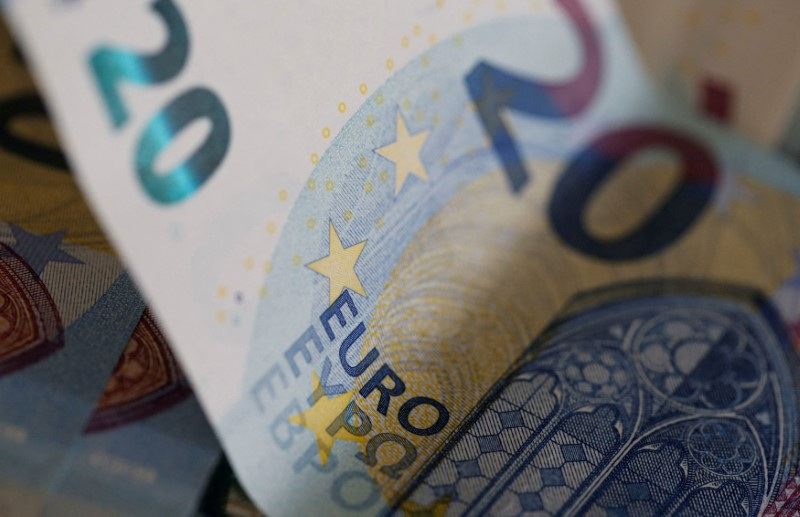Oil prices rebound sharply on smaller-than-feared OPEC+ output hike
Investing.com - Developments around tariffs, U.S. deficits, or the Federal Reserve would need to happen for the euro to rise to $1.20, according to analysts at ING.
A beleaguered U.S. dollar has helped to bolster the euro, the analysts wrote in a note to clients on Thursday, flagging that an "oversold" and "undervalued" greenback has failed to strengthen markedly despite recent violence between Israel and Iran and a subsequent spike in oil prices.
While the dollar did receive some support during this latest bout of geopolitical turmoil, the analysts noted that this boost was "small in size and duration."
"It’s true that the highly efficient forward-looking foreign exchange market never really traded the big risks of a prolonged conflict and sustainably higher energy prices. But that was at least partly due to widespread aversion to holding dollars due to medium-term considerations," they wrote.
Meanwhile, the short-term drivers of the euro-dollar currency pair have shifted due to markets "embedding a more divided and dovish-leaning" Federal Reserve and a "hawkish tilt" by the European Central Bank, the analysts argued.
They noted that this trend has led to a euro-dollar risk premium -- or the additional return investors expect for holding a foreign currency relative to their domestic one -- of roughly 2.5%, or about half compared to a couple of weeks ago when the pair was trading at $1.160.
"A misvaluation of 3% would normally be considered overstretched (over 1.5 standard deviation), but we have seen persistent overvaluation of 4-5% since ’Liberation Day,’" the strategists said, referring to U.S. President Donald Trump’s unveiling of punishing "reciprocal" tariffs on April 2.
"In other words, if markets decide to price back the amount of U.S. dollar risk premium that prevailed in the past two months, euro-dollar should trade very close to 1.20."
For these conditions to happen, there would need to be another jump in U.S. dollar risk premium, via developments around the upcoming expiration of Trump’s reciprocal tariff delay in two weeks, the passage of a massive fiscal bill now in Congress, or concerns around the independence of the Fed, the analysts said.
But, while these are "admittedly non-negligible risks," ING does not anticipate that they will be enough "by themselves" to drive the euro up to $1.20.
